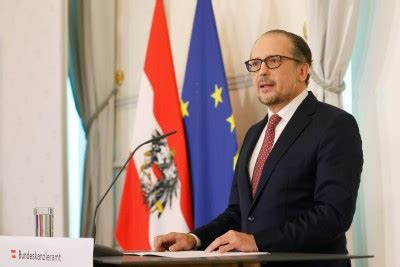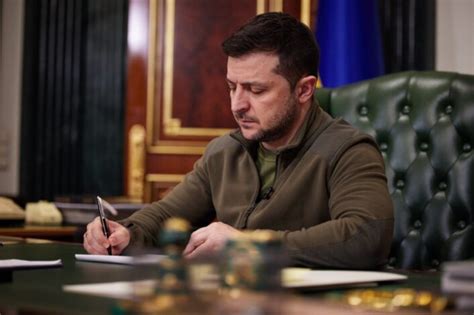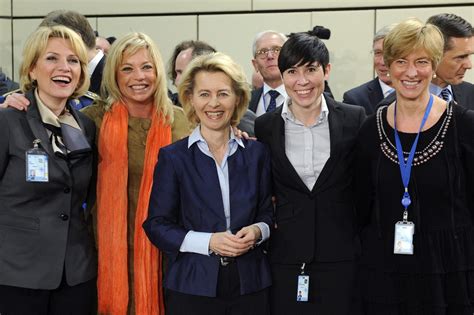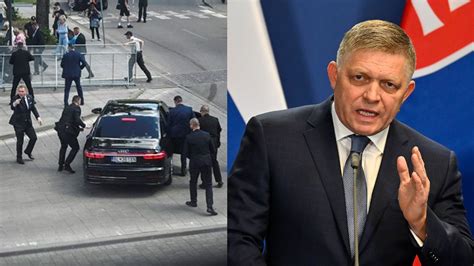Former Polish Prime Minister Mateusz Morawiecki is on the verge of stepping into a new and significant role as the president of the European Conservatives and Reformists (ECR) party. His impending election, set to take place at a crucial leadership meeting in Brussels, marks a pivotal moment in the party’s trajectory.
According to insiders within the party’s board of directors, Morawiecki is poised to succeed Italian Prime Minister Giorgia Meloni. The torchbearers emphasize continuity in conservative values under Morawiecki’s stewardship. Roberts Zīle, a key figure within the European Parliament and an influential member involved in selecting the new president, expressed confidence in upholding the core principles that define ECR.
Clash of Ideologies: Meloni vs. Morawiecki
Meloni and Morawiecki represent contrasting ideologies when it comes to their stance on the European Union. While Meloni has adopted a more conciliatory approach, collaborating with EU institutions and forging alliances with prominent EU figures like Ursula von der Leyen, Morawiecki’s tenure was marked by confrontational dealings with Brussels.
Despite these differing approaches, Morawiecki’s elevation to party leadership is not expected to trigger drastic changes within ECR. As president, his role will primarily focus on enhancing policy coordination among ECR heads of government and national parties across EU member states.
The ECR party serves as an umbrella for influential political entities like Brothers of Italy, Law and Justice Party from Poland, and ODS from Czechia. The party prides itself on respecting diverse national interests while accommodating varying viewpoints among its members rather than enforcing rigid conformity.
Diversity & Flexibility: Key Tenets of ECR
Fernand Kartheiser, an esteemed member of the European Parliament hailing from Luxembourg and part of ECR’s board of directors, underscores the significance of maintaining diversity and flexibility within the party structure. He emphasizes that common values should reign supreme over uniform positions—this nuanced approach lends ECR its unique character amidst Europe’s political landscape.
The dynamic within ECR reveals two distinct factions: one moderate right-wing collective featuring parties deemed acceptable moderate partners for negotiation by centrist forces such as Brothers of Italy and ODS; while another faction led by Law and Justice leans further rightward and often finds itself marginalized during negotiations.
Morawiecki’s imminent presidency carries symbolic weight as it coincides with Poland assuming its Council presidency—a juncture that places Donald Tusk from Law & Justice in a central position within European politics. This strategic move aims to bolster Law & Justice’s standing in Brussels ahead of critical electoral battles against Tusk’s Civic Coalition later this year.
In navigating these intricate dynamics, Kartheiser points out that Morawiecki’s appointment aligns with broader geopolitical strategies aimed at influencing political developments both within Poland as well as at a pan-European level.
With fresh leadership at its helm, the future direction taken by ECR under Morawiecki holds implications not only for intra-party dynamics but also for wider EU policies influenced by this influential conservative bloc.











Leave feedback about this